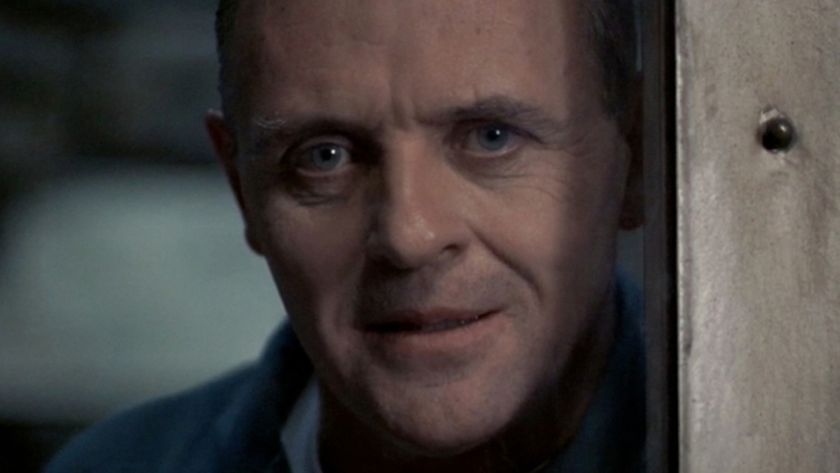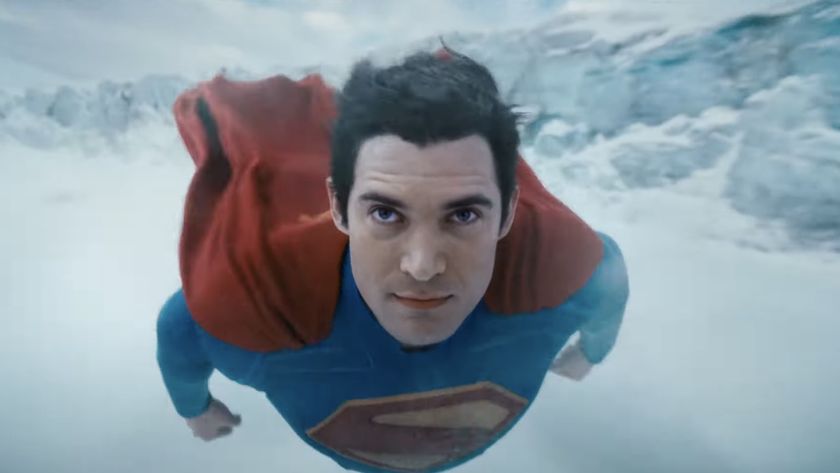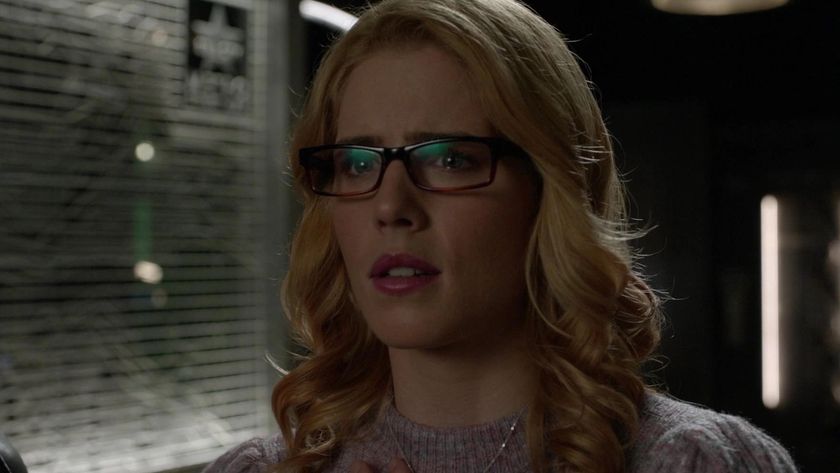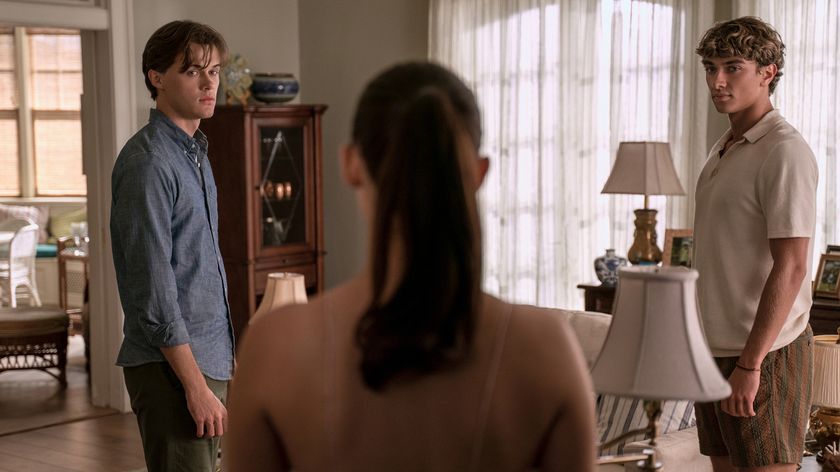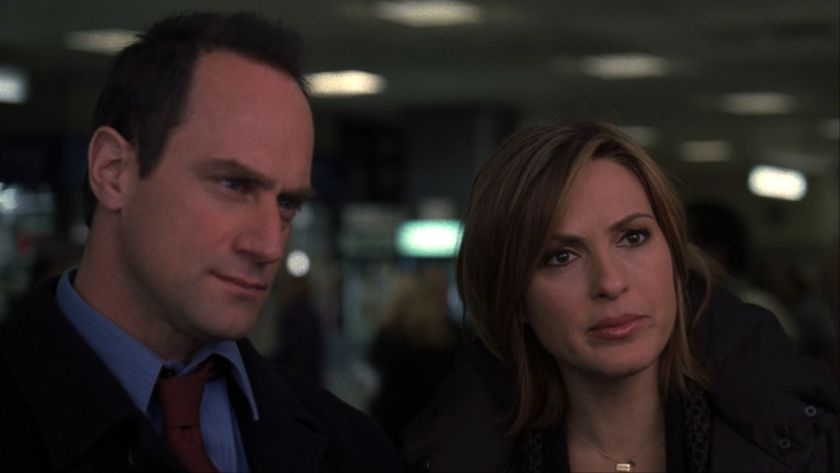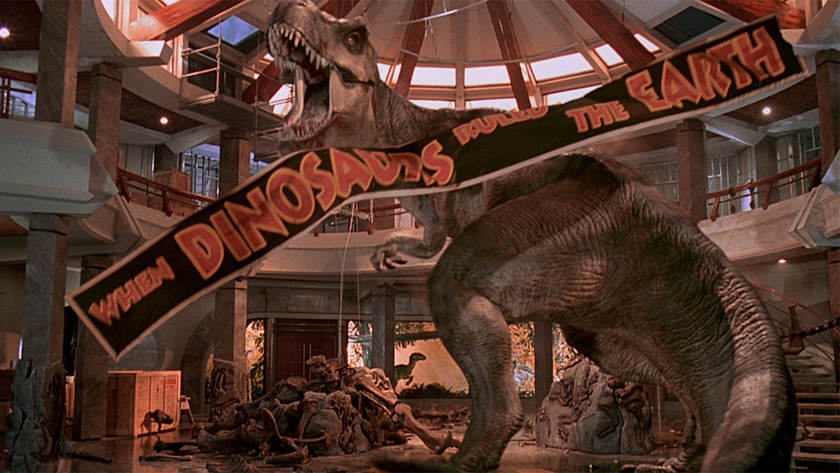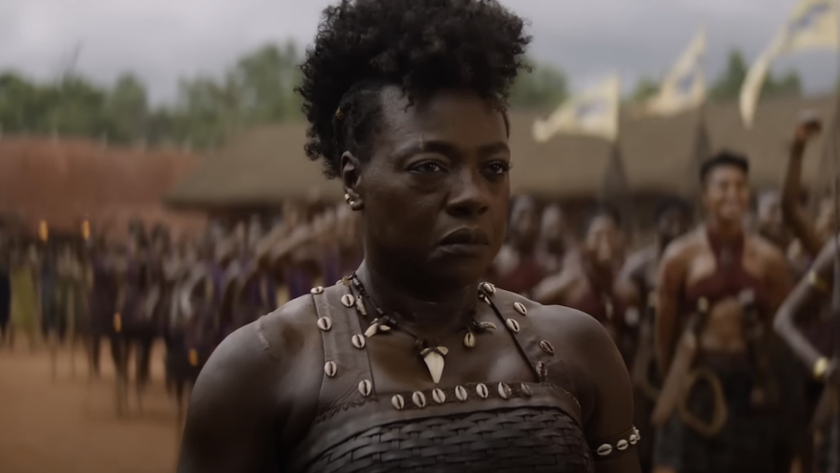Why There's No Digital Box Office, And Why That's A Problem

Drinking Buddies is a huge hit on VOD, because all your friends are talking about it. House of Cards was a major hit for Netflix, because Netflix told us it was. And Bachelorette was a big success as an iTunes rental last year, because its director gets to work again.
If all that sounds a little fuzzy to you, you're not the only one. Even as more and more people get their movies and TV show from digital platforms, whether VOD rental on their cable providers or Netflix streaming, the actual numbers of who's watching what are maddeningly vague. As The New York Times reports, the amount of information about what's getting watched on streaming and rental services is incredibly small, and even companies that exist to track information like that aren't sharing as much as they used to. There was a time when Rentrak would keep track of which movies were being rented and bought on DVD or VHS, and you could see the hard numbers each week in Entertainment Weekly; now, even though Rentrak will tell you what's at the top of the VOD movie charts (that would be Now You See Me), there are no actual numbers to go with it. Compare that to regular weekend box office reporting, in which we and every other average moviegoer knows to the dollar just how successful the newest batch of films was with audiences.
Granted, most of us don't yet know what kind of numbers make something a hit on VOD, and the stats are especially complicated for something like Netflix, a subscription service that really only cares about how many people are paying it $15 a month. It's unclear that if, say, iTunes released the actual numbers of how many people were renting movies from them in a given week, it would have any positive impact, or any impact at all, about the average moviegoer. But, as the Times points out, this data is out there, and the companies and studios are sharing it amongst themselves. And this data is about us. We get more proof every day that our digital lives are being quantified and monitored in ways we have no access to, and it's most definitely happening about our moviegoing habits-- something that, until very recently, was a very publicly knowable act. When you go to the movies, you not only see your fellow audience members, but you can read the exact numbers on just how many of you there were. When you rent something on VOD, you have no idea who your fellow audience is-- and, unnervingly, the company from whom you rented it knows a lot about you, way more than you might realize. Just look at this story about how Netflix knew that its users liked Kevin Spacey, David Fincher and the original British House of Cards before ever greenlighting their own flashy remake.
I'm not sure how long iTunes and Netflix and all the rest will be able to get away with "it's a hit because we say it's a hit" logic, especially as those platforms become more and more common for viewing everything. So long as the studios and the rental companies are sharing information with each other, there doesn't seem to be an institutional industry push to reveal the numbers. But here's what Warner Bros. president of worldwide home entertainment distribution has to say about your interest in the numbers:
“There’s less consumer interest in it,” Mr. Sanders said of the home entertainment numbers. If the general public were more interested in on-demand performance, he said, there would probably “be a stronger push to make it available.”
Is that true? Do you really not want to know what the Netflix equivalent of box office is? If so, let me know in the comments, and I'll invite myself off this soapbox. But I have a feeling that, in a time of unprecedented data sharing, moviegoers feel more than a little entitled to a peek behind that digital curtain. After all, it's our own viewing habits that lurk behind it.
CINEMABLEND NEWSLETTER
Your Daily Blend of Entertainment News
Staff Writer at CinemaBlend

